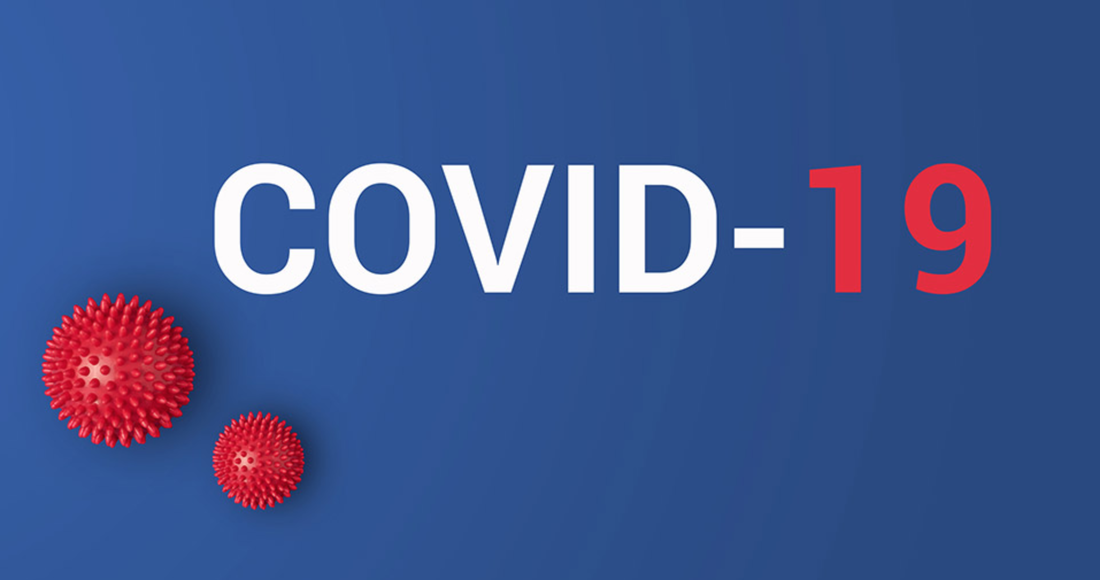|
To further combat the spread of COVID-19, the City of Memphis has issued Safer at Home Order that will remain in effect until April 21— directing all residents of Memphis to stay inside their homes, and immediately limit all movement outside of their homes beyond what is absolutely necessary to take care of essential needs.
Many Americans are being financially affected by the coronavirus disease (COVID-19) pandemic. As businesses close their doors to keep their customers and employees safe, thousands—if not millions—are facing several weeks of pay disruption and infrastructure shake up.
In response to the national emergency, consumers are feeling financially insecure and wondering what it means for their wallet. What can you do to be financially responsible and vigilant during this time? CUNA released five steps consumers should take to exercise financial caution in the face of a global pandemic:
Article from the BALANCE Financial Guide
1. Set S.M.A.R.T. Goals Saving tends to be easier when you have a certain purpose in mind: Saving for your first house, your retirement at a certain age, a child’s college education, or even a trip around the world. The important thing is for your goals to be specific, measurable, actionable, realistic and time-bound, or SMART. To develop a sound plan, these goals must have both a time frame and a dollar amount that is MEASURABLE. Once you have listed and quantified your goals, you need to prioritize them. You may find, for example, that saving for a new home is more important than buying a new car. Whatever your objective, be SPECIFIC. Figure out how many weeks or months there are between now and when you want to reach your target. Divide the estimated cost by the number of weeks or months to make it ACTIONABLE. That’s how much you’ll need to save each week or month to have enough money set aside. Ask yourself, is this REALISTIC? Remember, a goal is a dream with a deadline. 2. Pay Yourself First Save and invest 5-10% of your gross annual income. Of course, this can be much harder than it sounds. If you’re currently living from paycheck to paycheck without any real opportunity to get ahead, begin by creating a solid spending plan after tracking all monthly expenses. Once you figure out how you can control your discretionary spending, you can then redirect the money into a savings account. For many people, a good way to start saving regularly is to have a small amount transferred automatically from their paycheck to a savings account or mutual fund. The idea: If you don’t see it, you don’t miss it. 3. Maintain an Emergency Fund Before you commit your newfound savings to volatile and hard-to-reach investments, make sure you have at least three to six months’ worth of expenses saved in an emergency fund to see yourself through difficult times. Keeping it liquid will ensure that you don’t have to sell Members are encouraged to visit the Center for Disease Control's comprehensive COVID-19 website for information about symptoms, updates and steps on how to protect yourself and your family.
Our branch is open to serve you. For the health and safety of our members and our staff, however, we ask that you use our drive-thru window and online services whenever possible.
Nothing is more important right now than the well-being of our families, our friends and our community. While we continue to monitor the health concerns resulting from the coronavirus COVID-19, we at LG&W Federal Credit Union want to reassure you that we are here to serve you and provide access to your accounts and banking needs.
We especially encourage you to prepare in case you need remote access to your accounts. Here are just a few things about our services that we want to share:
Our Business Continuity Team is monitoring this situation very closely and will update you via email and on our website at LGWFCU.COM. We are following the guidance of the CDC, World Health Organization and other official agencies, and are taking necessary precautions to ensure the health and safety of our staff and visitors to our branch by being diligent about sanitizing public areas, frequent hand washing, observing social distancing and limiting personal contact as much as possible so that your banking needs are not affected. Rest assured that you can continue to bank confidently with LG&W Federal Credit Union. We’re here for you, for life. Diana Veazey, President/CEO LG&W Federal Credit Union From The BALANCE Financial Guide
*This publication is only intended to be used for general informational purposes. Consult a tax professional for the most current data and/or personal advice. What is “smart tax management”? It’s a combination of timely filing and taking advantage of everything that can reduce the amount of money you pay in taxes. While tax management does take a bit of planning, organization, and know-how, the overall financial benefit is strong. Maximize retirement savings plans If you have an employer-sponsored retirement savings plan (such as a 401(k), 403(b), or 457) available to you, it makes sense to use it. Since you make contributions with pre-tax dollars, your taxable income and possibly your tax rate will be lowered. Investments grow on a tax-deferred basis, so when you retire and take the money out the earnings will be taxed on your new, and usually lower, tax rate. IRAs are part of good tax management too. Contributions to a traditional IRA are tax-deductible, and account earnings aren’t taxed until you withdraw that money at age 59.5. There are income restrictions, though, and if you’re an active participant in an employer-sponsored retirement savings plan you can’t deduct your contributions. While contributions to a Roth IRA are always non-deductible, the earnings are tax-free. Pay the right amount You know you are paying the correct amount of taxes if you neither owe taxes nor receive a large tax refund. While a refund may seem positive, it is really not making the most of your income during the year. For example, a $2,000 tax refund translates into $166 that you don’t have in your pocket every month. On the other hand, if you owe and can’t pay the entire sum, you’ll have to pay interest and possibly penalties, which will only add to your tax debt. Make the most of your adjustments, deductions and credits Tax adjustments and deduction are expenses that you can subtract from your income, resulting in a lower taxable income. Common examples of these are:
Filing your tax return by April 15 (or August 15 if you file an extension) is important. The drawbacks of not filing include:
Properly managing your taxes can greatly reduce the amount of money you pay in taxes and put more money into your pocket. After all, why pay more if you don’t have to? |
Our BALANCE Financial Guide is dedicated to helping you balance life’s important decisions.
Archives
August 2023
Categories
All
|





